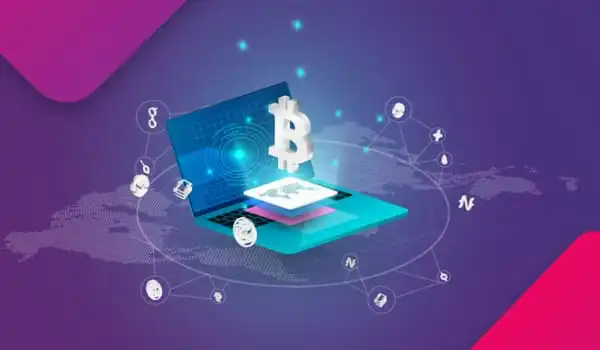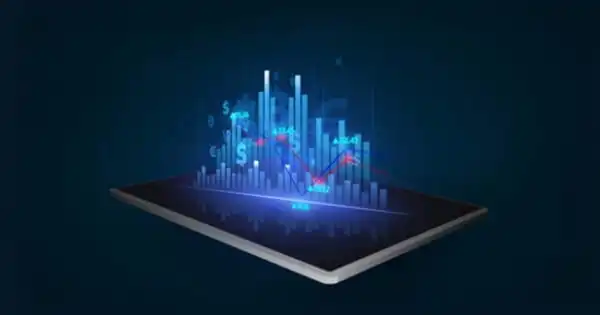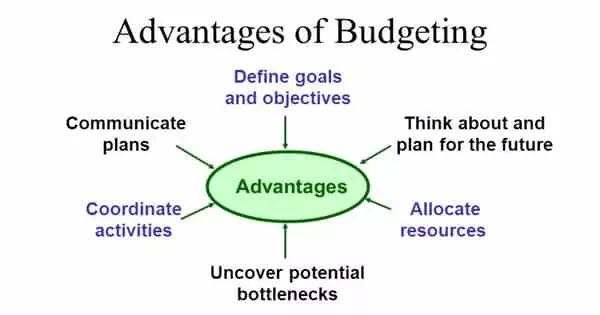A virtual economy (or often synthetic economy) is an emerging economy that exists in a virtual world and typically exchanges virtual products in the setting of an online game, particularly massively multiplayer online games (MMOs). In essence, the virtual economy is a network of online employment, assets, marketplaces, and traders that have arisen on virtual platforms ranging from gaming platforms like Minecraft and Fallout to non-gaming platforms like Decentraland and Second Life.
People enter these virtual economies for enjoyment and entertainment rather than need, which means that virtual economies lack the components of a real economy that are not deemed “fun” (for instance, avatars in a virtual economy often do not need to buy food in order to survive, and usually do not have any biological needs at all). These platforms are worlds in and of themselves, where users may earn and spend real-world money by exchanging virtual labor for virtual items on online marketplaces. Some people, however, connect with virtual economies for “real” economic profit.
Despite being primarily concerned with in-game currencies, this phrase also includes the sale of virtual currency for real money in what is frequently referred to as “open centralized marketplaces.” With an estimated worth of well over $100 billion each year, the virtual economy is already greater in terms of value than the global film industry. More than 2.5 billion people are connected to these virtual platforms, with enormous development potential. Just as globalization revolutionized how people interacted and conducted business in the twentieth century, the virtual economy is poised to have a similarly profound impact on how we earn, socialize, invest, and trade.

Virtual economies can be found in MUDs and massively multiplayer online role-playing games (MMORPGs). MMORPGs have the most robust virtual economies. Virtual economies can also be found in life simulation games, which may have made the most drastic strides toward connecting a virtual economy with the actual world. This can be observed, for example, in Second Life’s acknowledgment of intellectual property rights for items developed “in-world” by subscribers, as well as its laissez-faire attitude on the buying and selling of Linden Dollars (the world’s official currency) for real money on third-party websites. Virtual economies can also exist in browser-based Internet games where “actual” money can be spent and user-created stores can be opened or as a type of emergent gameplay.
The COVID-19 epidemic has highlighted how vulnerable our real-world economy is when the systems and behaviors that support our daily lives are disrupted. It has, however, proved the power of the virtual economy. Millions of people around the world have responded to the pandemic by shifting their typical social, leisure, and economic activities to the internet realm in order to stay connected, socialize, create, and earn an income while the country is shut down. These virtual economies, which are rapidly growing and at times opaque, are mostly impervious to the effects of the pandemic and have the ability to disrupt our views of labor and what a fully functioning economy looks like.
















